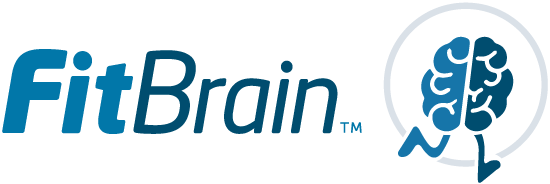When it comes to brain speed, every millisecond counts. How quickly your brain can process events around you determine how effectively you can react to and remember those events. This has ripple effects on nearly everything you do, such as how well you can follow a conversation or remember it, or how fast you react to dangers, surprises, or quickly changing conditions. Your brain speed can decline with illness, stress, medication/drugs, injury, pregnancy and age – but the great news is that there is proven evidence that you can increase your brain processing speed with the appropriate cognitive skills training. SO, clear the fog, recover your brain performance, and return to your zest for a better life by exercising your brain with evidenced-based brain exercises.


Better Brain Performance = Better Life
There are three key underlying functions that impact cognitive efficiency in the brain:
- The actual speed of brain processing (many different inefficiencies can slow down the speed at which the brain can process and when there is a change of speed, the processing rate declines);
- Weak brain signals coming from our senses (visual, auditory, balance/posture/mobility); and
- A decrease (or imbalance) of key chemicals (neuromodulators).
The following are some of life’s interruptions that can impact the efficiency of your cognitive skills. If you are feeling the effects of these, try some evidence-based brain exercises to increase your cognitive abilities . . . the natural way. See for yourself what impact brain training can do for you. See Brain FAQ’s (The Brain in Recovery) for additional information.
- Health-related cognitive decline
- Medication/drug-related cognitive decline
- Chemo Brain
- Cognitive Fog (or Pregnancy) Brain
- Illness
- Stress
- Brain injury
- Stroke
Contact FitBrain ™ today to start a discussion.
